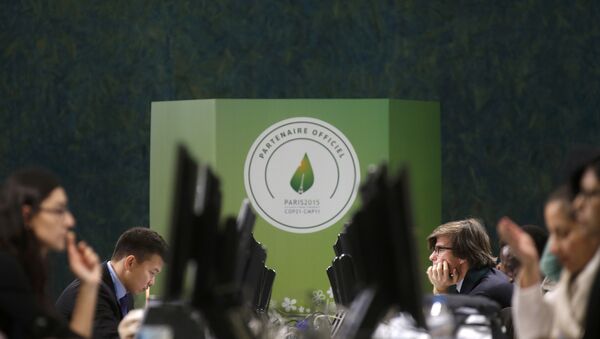"Policy action is lagging behind, even to realise the easiest of these measures. For instance, implementation is required to increase confidence that a revenue-neutral carbon tax can actually lead to net positive macroeconomic effects. Overall, the 2DS [2-degree scenario] is supported by many policy pillars, which need to be adapted to regional and national contexts to maximise the benefits of the transition," the autonomous policy adviser of the Organisation for Economic Co-operation and Development (OECD) said in its Energy Technology Perspectives 2016 report.
Swift policy action is needed in the areas of emissions pricing, reducing subsidies, sustainability regulation, research and development funding, the IEA stressed, adding that even the 2-degree limit on climate change could have adverse climate change-driven effects on a number of countries and regions.
The IEA will now focus on redefining targets to well below 2 degrees, focusing on the technological changes required to restructure the world's current energy system that, as it stands, is unable to meet the COP21 target.
Environmentalist groups have been skeptical about the Paris Agreement's prospects in terms of meeting its declared goals in limiting global temperature increases. Organizations such as Greenpeace and Friends of the Earth said that the emissions targets proposed by the agreement are not sufficient to keep the temperature rise within the given limits.




